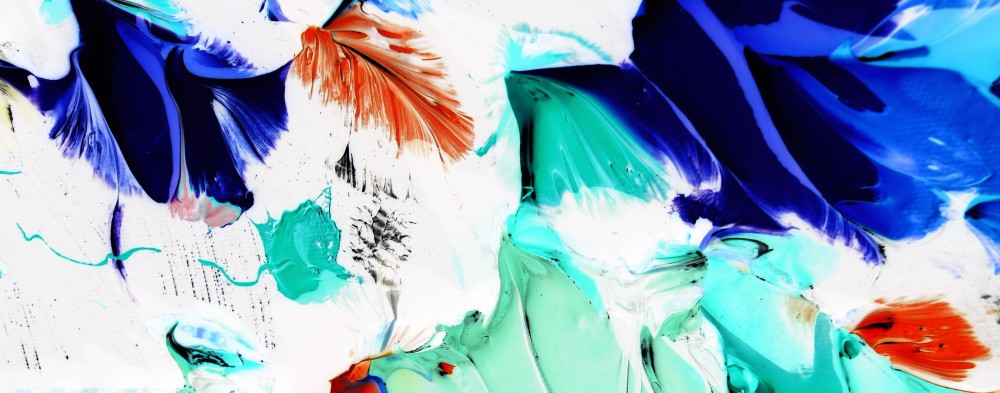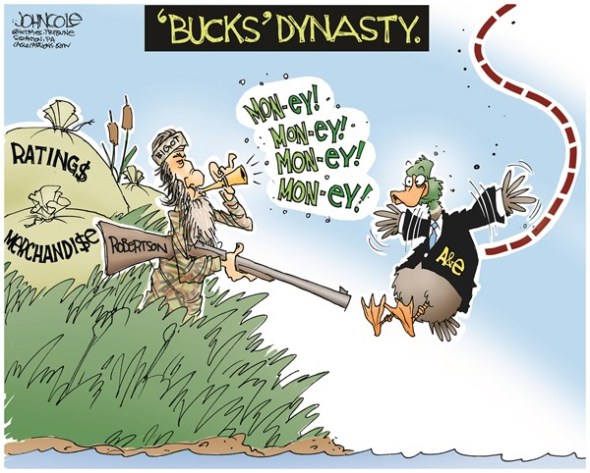Word Fight At The OK Corral
A Rose By Any Other Name
View From The Virgin Islands.
By John McCarthy
Moderate Voice Columnist
I spend a lot of time thinking about words.
Kind of goes with the territory if you consider yourself a writer.
And if you know your Mark Twain you know that “the difference between the right word and the almost right word is the difference between lightning and a lightning bug.”
Le mot juste is what the French call it – and for my money that’s the best way to say what I’m getting at – and that is partly the point, when it comes to words, the English language is the most generous foster family the world has ever known.
Albert Camus may have been ribbing Gustave Flaubert when he made one of his characters in “The Plague” so word conscious that he was never able to write more than the first sentence of a planned novel.
So if your duty calls for words, having more than one million words at your disposal certainly makes for a palette of “colors” that even the greatest artist would find daunting.
This column was supposed to be about the words that I see catapulting themselves into contention for most used high-end words of the year – and if you know me – you know I don’t like the adjective “high-end.”
Nearing the half-way point of the year, the words “traction,” “muddle” and “whiff” are near the top of “new” old words that are most used – to good and bad effect – in 2014.
I had brilliant examples of each word being used in Associated Press news articles, box office busting movies like “Django Unchained” (which I say spawned the current “muddle” fascination and even current ad campaigns for drugs such as Zyrtec “Muddle No More” is the drug’s new tagline.
But as much as I sought out the late William Safire’s “On Language” column in the Sunday New York Times, I also remember – as good as those pieces were – how they were often a struggle to finish.
As I tried to write that column what seemed even more important was keeping up with all of the new words that are coming off of today’s scrivener assembly lines. According to the Global Language Monitor (GLM) English got it’s millionth word “web 2.0” at 5:22 on June 10, 2009.
And GLM says a new word is created every 98 minutes or about 14.7 words per day. By contrast, the French language has about one-tenth the amount of words as English – weighing in at about 100,000 words.
The scientifically minded amongst us always told me English had the most words – and GLM seems to bear that out. When I did a “Word Power” quiz in a Reader’s Digest a few years back and got such marvels as “bling bling” and “beater” as the words I needed to identify with definitions – I realized that the language is constantly changing [“labile” to a word-o-phile (“logophile” for purists)] – and I needed to do more verbal calisthenics if I hoped to keep up.
The most recognized word on the planet is the brutally efficient “OK” which no one seems to agree on how to spell or its word origins in English.
Some say it goes back the newspaper printing process in Boston spelling out “oil korrect” in 1839 – others say U.S President Martin Van Buren was nicknamed “Old Kinderhook” when the campaign slogan “Old Kinderhook is OK “swept the nation – others say it is from the native American word “okeh” in the Choctaw language – and still others go further back to ancient Greece where “ola kala” means “all is well.”
But if you think “American English” is only used on this side of the pond, you only have to watch your favorite British TV show to wince through a few “don’t go there’s” and other typically U.S. urban words and expressions that have been appropriated anachronistically for use by our so-called language-conscious Redcoat cousins.
One of the most disappointing moments of my life was when I first purchased a copy of the Sunday London Times only to find out that instead of getting the deep dish and lowdown on what Mick, Keith and the Royal Family were doing – they instead had articles on Sylvester Stallone and Eddie Murphy.
So it’s not just our words that are being exported – but, as witnessed by “Big Bang Theory” being the number one TV show in America (and China) – it’s also our culture. People around the world want to know what Angelina Jolie, George Clooney and Hillary Clinton are doing – maybe in THAT exact order.
The British gave birth to America – and thanks to the two things we do better than anyone in the world (TV shows and new word order) – we now instruct THEM in the proper use of the English language. Uneasy lies the head that wears a crown.
Having spent several months in a Spanish-speaking country last year – I know first-hand that many cultures and languages actually resent the would-be intrusions of English into their respective languages. English, however, does not share that compunction.
Still, in that Spanish-speaking country I noticed that the word “OK” has been adopted into their language as one of its own. I asked Spanish speakers about this at the time and they just sheepishly shrugged their shoulders in embarrassment – knowing that I had caught them in an Americanization of their hallowed language.
With the advent of social media, I didn’t want to be the one to tell them that that uber-efficient word had evolved to being one letter less – because whether you text msg, instant message or email – OK is now “k.”
OK?
© 2014 John Francis McCarthy/Secret Goldfish Publishing House, LLC
John McCarthy is an investigative reporter, artist and photojournalist based in the U.S. Virgin Islands. Please send questions and comments to: johnfmccarthy807@msn.com

